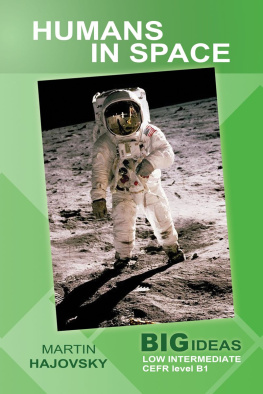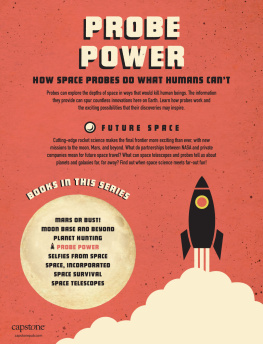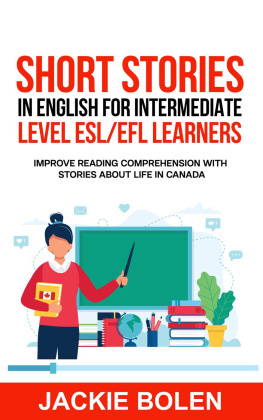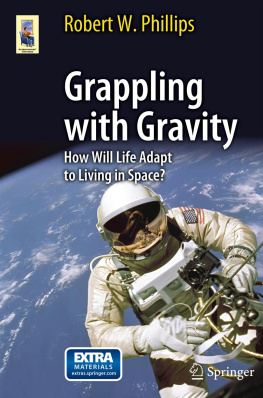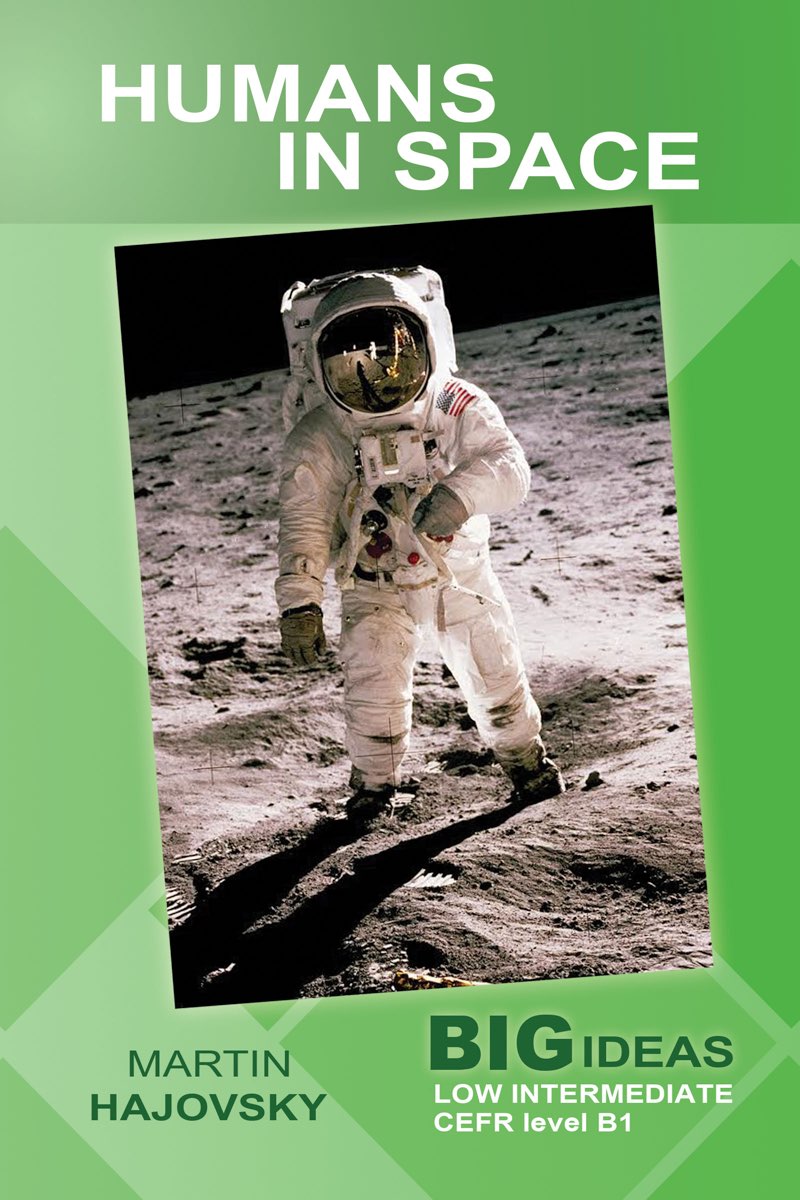All rights reserved.
No part of this book may be reproduced in any form or by any electronic or mechanical means, including information storage and retrieval systems, without written permission from the author, except for the use of brief quotations in a book review.
Introduction
When you read an article or story, you have a conversation. The writer shares information, experiences, and ideas but you, the reader, have your own ideas. When you read, you compare your experience and knowledge with the writers ideas. Then you make decisions. Do you agree with the writer? Can you use the information to be healthier or more successful in your job, for example? Do you feel like the writer understands your life? Or do you learn about someone with a different point of view?
Because reading is a conversation, every reader experiences a text differently. When you read something interesting, you often want to talk about it. You want to share a similar experience, or you may want to argue. Maybe your friend understands the text in a different way. When you listen to your friend, you have a third set of ideas and experiences to compare to your own world view.
Big Ideas is designed to start interesting conversations between readers and writers, but also between readers and other readers. In this book about humans in space, youll learn the story of humans leaving Earth for the first time. The articles detail the work of astronauts, engineers, and scientists who worked on large and small projects to find out more about the Moon and our nearest neighboring planet, Mars. Many of their plans failed. Sometimes people died. However, the adventure of space never stopped, and it is not likely to stop in the future. There are always new and interesting questions to explore. What is it like to live in space? Will we ever live on Mars?
While you learn about space exploration, Big Ideas is also helping you develop language skills. Because our focus is on providing a positive reading experience, more than 90 percent of the words in this book are among the most common 2000 words in the English language. These are called high-frequency words. High frequency words appear over and over again in speaking and writing.
You might think it will be easy to learn high frequency words, and it is true that many words are easy. Content words such as tree, house, eat, drink, and blue put a picture in your mind. They represent things you can see and name. They often have one meaning, and you can translate them easily.
However, many high frequency words change their meaning when they partner with other words in collocations. Stay is an example. When we say, I stayed home yesterday, then stay has a different meaning from Lets try to stay awake all night or Stay away from the cookies. Im saving them for the party. This flexibility shows that stay does not just have one meaning. It adapts to the words around it.
Fortunately, there is a method to learn the different meanings of collocations: read a lot. When you read, you see words in different combinations, and you learn their meanings. This can happen naturally, but it will happen faster if you pay attention to words in groups. When you notice and highlight or copy word combinations, you can learn the different meanings.
You can also learn the grammar that goes with a vocabulary word. For example, you might see educate as a verb in educate children, education as a noun in a college education, and educational as an adjective in an educational experience. You will also notice that some verbs are usually followed by a preposition, such as talk about or talk to, while others are followed by a noun, as in hear a bird. These grammatical details are hard to hear in spoken English, but they are easy to see in a written text. At the back of the book, we have provided a tool for developing language awareness in this way.
While vocabulary has a strong relationship with grammar, grammar has a strong relationship with sentences. In order to give you a positive reading experience, we have used easy-to-read sentences. We use grammar from low and intermediate levels, and we reduce synonyms and idioms. Our goal is to keep the big ideas about space, but present them in simple language.
A Note on Capitalization and Punctuation
In these stories about space exploration, you will read about space programs and missions as well as space stations, space ships, lunar modules, and other vehicles you probably dont read about very often. Punctuation can help you understand what you are reading about, so we would like to let you know about the system of capitalization and italics that we used in this book.
We followed the style guide of the National Aeronautics and Space Administration (NASA) of the United States, which can be found on their website. Further examples can be found on the website of the National Aeronautics and Space Museum.
Some of the conventions include:
- Earth is capitalized (when it refers to our planet) as well as Moon and Sun when they refer to the ones closest to our Earth. So, we write I can see the Moon at night, but The planet Jupiter has more than 60 moons.
- Terms such as the solar system and the universe are not capitalized.
- Names of vehicles that orbit (go around planets and moons) are italicized, such as Discovery.
- Lunar module and command module names are italicized, such as Eagle and Odyssey.
- Personal names for spacecraft are italicized, but not company brand names and numbers. So, the Space Shuttle is not italicized, but the Space Shuttle Challenger is.
- Probes and robotic spacecraft (for example, Voyager or Cassini), that never carry people, are not italicized. Rovers, such as the Mars rover Curiosity, are also not italicized.
- The names of missions (that is, programs) are not italicized. However, manned spacecraft are italicized. Remember that Apollo 13 is the name of a program; but Apollo 13 is also the name of a spacecraft. The italics will help you figure out quickly which one you are reading about.
- Space stations, like Skylab, have people, but they are not vehiclesso they are not italicized.
- Dates for decades are written without an apostrophe: 1960s, and not 1960s.
- Dates for individual days are written in the format day-month-year; so, 11 April 1969 and not April 11, 1969. This is not common in American English in general, but is more common in British English as well as other systems throughout the world. When scientists communicate with each other, being clear and accurate is very important, so they agree on what systems to use that everybody can easily understand.

